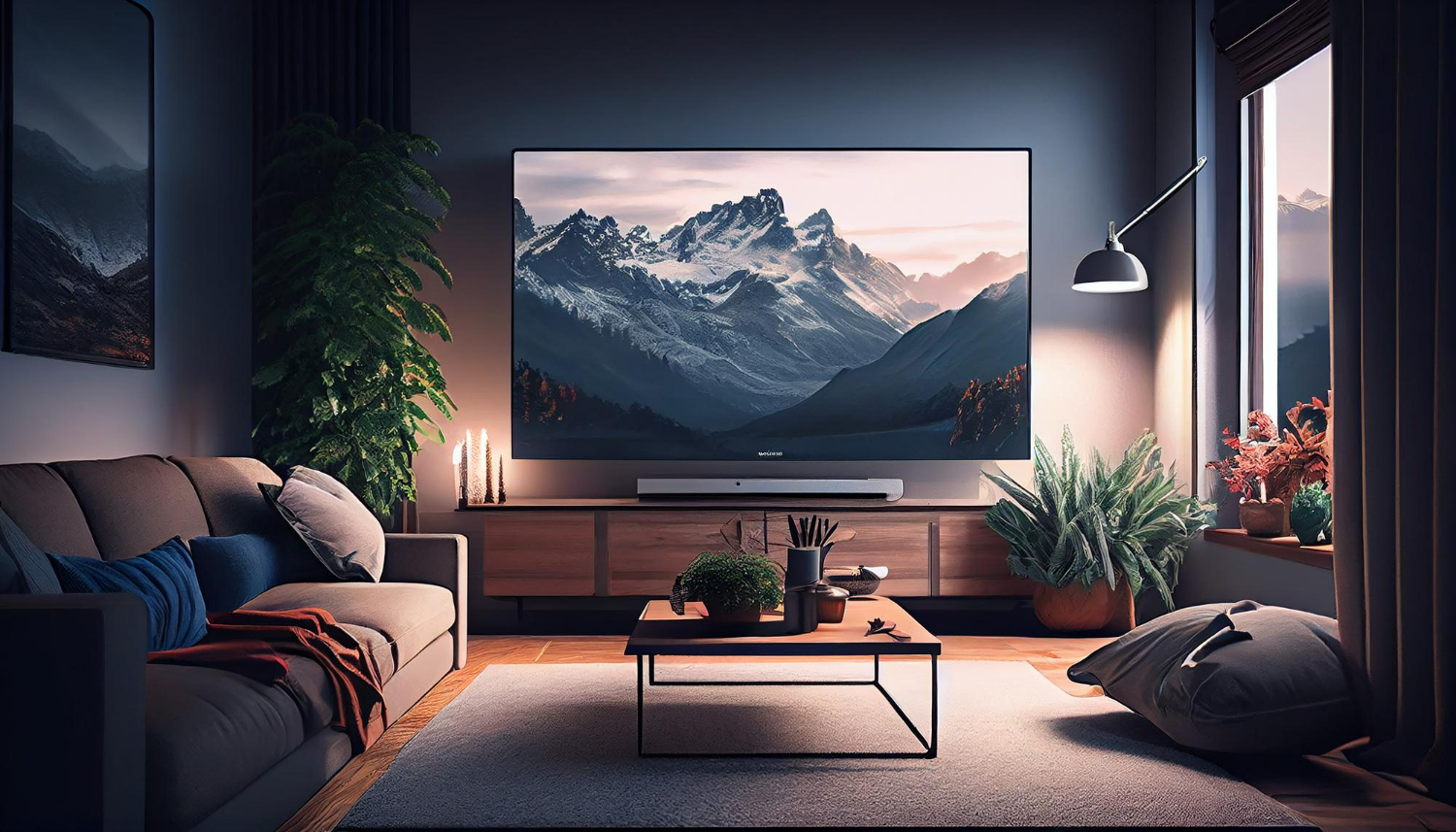In recent years, the concept of a smart home has transitioned from science fiction to reality, revolutionizing the way we interact with our living spaces. Smart home automation has swiftly gained popularity as technology continues to advance, offering homeowners unparalleled convenience, comfort, and efficiency. From thermostats that learn your preferences to lights that adjust according to your mood, the possibilities of smart home automation are endless. In this article, we’ll explore how smart home technology is transforming our living spaces and enhancing our daily lives.
The Rise of Smart Home Automation
The rise of smart home automation can be attributed to the convergence of various technological advancements, including the Internet of Things (IoT), artificial intelligence (AI), and wireless connectivity. These technologies have paved the way for devices and appliances to communicate with each other and with homeowners, creating interconnected ecosystems within our homes.
One of the primary drivers of smart home adoption is the desire for convenience. With smart devices, homeowners can remotely control and monitor their homes using smartphones or voice commands. Whether it’s adjusting the thermostat, locking the doors, or turning off the lights, smart home automation puts control at your fingertips, saving time and effort.
Enhancing Comfort and Efficiency
Smart home automation goes beyond mere convenience; it also enhances comfort and efficiency in our daily lives. For example, smart thermostats can learn your temperature preferences and adjust settings accordingly, ensuring optimal comfort while reducing energy consumption. Similarly, smart lighting systems can adjust brightness and color temperature to create the perfect ambiance for any occasion, whether it’s a cozy movie night or a lively dinner party.
Moreover, smart home devices are designed to streamline household tasks and routines. Automated appliances, such as robot vacuums and smart irrigation systems, take care of mundane chores, allowing homeowners to focus on more meaningful activities.
Personalized Experiences with Artificial Intelligence
Artificial intelligence plays a crucial role in enhancing the functionality of smart home devices. Through machine learning algorithms, these devices can analyze data and adapt to homeowners’ preferences over time, delivering personalized experiences.
For example, AI-powered voice assistants like Amazon Alexa and Google Assistant can understand and respond to natural language commands, making interactions with smart home devices more intuitive. These assistants can also provide personalized recommendations and reminders based on individual preferences and habits, further enhancing convenience and efficiency.
Integration and Interoperability
As the smart home ecosystem continues to expand, interoperability and integration have become key considerations for homeowners. A seamless and interconnected network of devices allows for greater flexibility and control over the entire home automation system.
Major players in the smart home industry, such as Apple, Google, and Amazon, have introduced platforms and protocols to facilitate interoperability among different devices and ecosystems. For instance, Apple’s HomeKit platform enables seamless integration of various smart home devices within the Apple ecosystem, providing a unified control interface through the Home app.
Moreover, the adoption of industry standards such as Zigbee and Z-Wave ensures compatibility and interoperability among devices from different manufacturers, allowing homeowners to mix and match devices according to their preferences and needs.
Addressing Privacy and Security Concerns
While smart home automation offers numerous benefits, it also raises concerns about privacy and security. With an increasing number of connected devices collecting and transmitting data, there is a risk of unauthorized access or misuse of personal information.
To address these concerns, manufacturers are implementing robust security measures, such as encryption protocols and authentication mechanisms, to protect user data and prevent unauthorized access. Additionally, homeowners can take steps to enhance security by regularly updating firmware, using strong passwords, and securing their home networks.
The Future of Smart Home Automation
The future of smart home automation looks promising, with continued advancements in technology and innovation. As artificial intelligence becomes more sophisticated, smart home devices will become even more intuitive and capable of understanding and anticipating homeowners’ needs.
Furthermore, the integration of emerging technologies such as augmented reality and virtual reality could transform the way we interact with our living spaces. Imagine using augmented reality glasses to visualize and control various smart home devices with simple gestures, or experiencing immersive virtual environments within the comfort of your own home.
In conclusion, smart home automation is revolutionizing the way we live, offering unparalleled convenience, comfort, and efficiency. From personalized experiences powered by artificial intelligence to seamless integration and interoperability, smart home technology has transformed our living spaces into intelligent and interconnected ecosystems. As technology continues to evolve, the possibilities for smart home automation are limitless, promising a future where our homes truly work for us.

